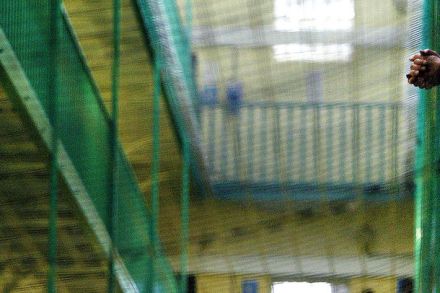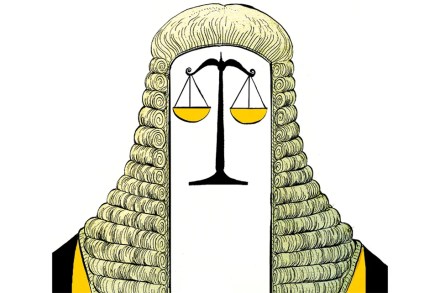Why was Axel Rudakubana given a kettle?
Late last night, news broke of another attack by a high-profile prisoner at what should be one of our most secure jails. This time it seems that Axel Rudakubana, the Southport killer, has thrown boiling water in the face of an officer at HMP Belmarsh, the London jail which Hashem Abedi was moved to after





















